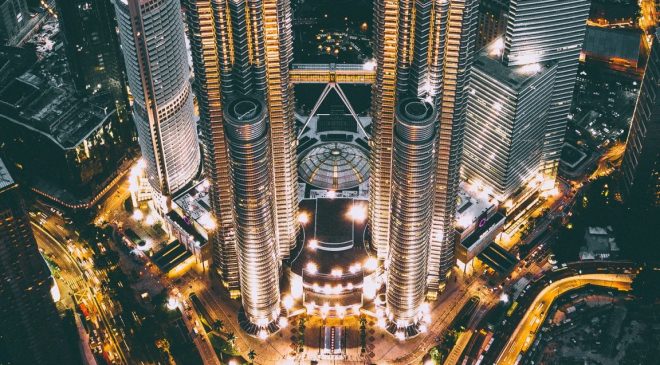
MDEC has received over 2,000 applications from digital nomads
The Minister of Communications and Multimedia, YB Tan Sri Datuk Seri Panglima TPr Annuar Haji Musa today rolled out the subsequent launch of the DE Rantau programme in Langkawi, Kedah. This initiative offers digital nomads more destination options to travel while working in Malaysia. It will also contribute to the income of local communities and accelerate the growth of the nation’s digital economy.
As one of the Malaysia Digital Catalytic Programmes (PEMANGKIN), DE Rantau was first launched in Penang on 13 September 2022 to establish Malaysia as the preferred digital nomad hub to promote digital professional mobility and tourism across the nation.
According to YB Tan Sri Annuar, aligned with the recovery of the tourism sector, Langkawi is the perfect destination to launch the second DE Rantau’s location for foreign and local digital nomads. Through this, they will be able to explore and enjoy the island’s offerings of lush nature and history filled with legendary stories.
“The Malaysian Government is excited to promote Langkawi as a destination hub for foreign digital nomads to travel while working on the island via DE Rantau. We are confident that the presence of digital nomads on this island known for its duty-free status will support the economic recovery of local businesses. The programme is expected to inject a total of RM4.8 billion into the local economy by the year 2025,” he said.
The Ministry of Communications and Multimedia Malaysia (K-KOMM) through Malaysia Digital Economy Corporation (MDEC) will create a vibrant ecosystem that can support the digital nomad lifestyle to be able to regain the balance in working and living.
Since commencing applications for DE Rantau Nomad Passes on 1 October, MDEC has received over 2,000 applications from digital nomads. The Professional Visit Pass is intended to facilitate digital nomads who are eligible to reside and work in Malaysia for a period of 12 months with their spouses and children.
Additionally, MDEC has approved 113 applications from entrepreneurs and local business owners who registered their accommodations to become a certified DE Rantau Hub.
Ts. Mahadhir Aziz, Chief Executive Officer of MDEC said, “Based on the initial response we have received, this clearly indicates Malaysia’s strong appeal as a preferred hub for digital nomads. MDEC will continue to work closely with all stakeholders including ecosystem partners to ensure the success of the DE Rantau initiative.”
It has also received growing support from local companies and industry players wanting to join and participate in the programme, playing their part in the digital nomad ecosystem.
This positive reception indicates the confidence of digital nomads in Malaysia as a hub of choice based on its variety of facilities, services, and amenities as it supports their nomadic lifestyle needs. Industry players participating in DE Rantau will also benefit from this reception.
Designed to support the creation of a vibrant ecosystem and facilitate the stay of digital nomads in Malaysia, K-KOMM through MDEC has launched a mobile app called DE Rantau Platform. The app will offer users access to its fully fledged ecosystem which includes accommodation hubs, local services ranging from travel, tourism, transport, e-commerce, e-payments, and others.
“Langkawi has everything, and in a well-balanced amount which makes it both exciting and peaceful. Some of my best work was done while in Langkawi. This island is a great place to call home and to feel inspired by,” said Hans Baetsen, a Dutch digital professional currently working remotely for a multinational digital content and e-learning company.
MDEC will oversee the development of digital nomad hubs and local ecosystems to support digital nomads.
Under the Malaysia Digital (MD) initiative, DE Rantau is one of the first two PEMANGKIN planned for 2022. It is designed to create substantial economic spill-over through equitable access to digital tools, knowledge, and income opportunities.
Tags: Malaysia governmentMDEC




